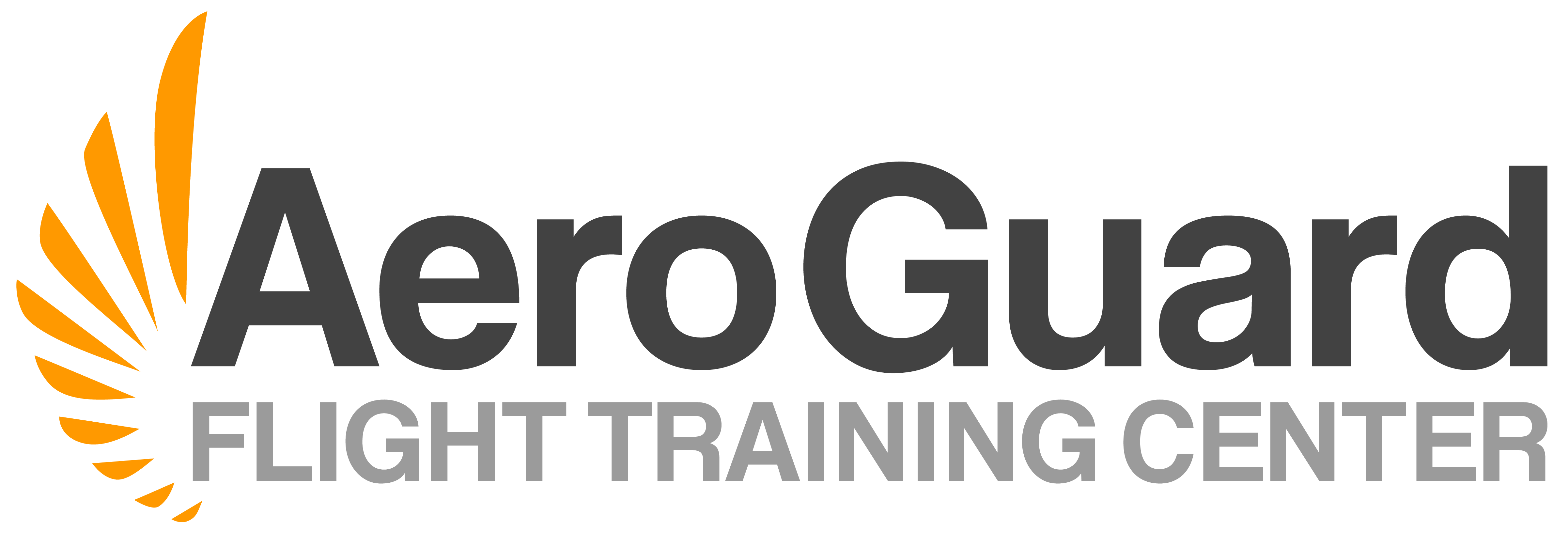In-Flight Calculations and More: What Kind of Math Skills Do I Need to Become a Pilot?
Becoming a Pilot Requires a significant amount of knowledge and skill that you’ll receive throughout your flight training. You’ll learn everything from science and weather to even principles of physics. The job as well as the training also requires a signficant amount of math. Some may see the words math, science and physics and get intimidated. Especially, if these weren’t your greatest subjects in school, you may take one glance and say, “I’m out!”, but in reality, there’s nothing to be afraid of. Let’s take a look at the type of math skills you do need and will use as a pilot.
What Types of Math Skills do Pilots Use?
There are several types of math that pilots use in their career and throughout their training including basic arithmetic, algebra, geometry, mental math and more. We know what you’re thinking, “I thought this wasn’t supposed to be intimidating?”, right? Don’t worry. What math and physics are important subjects that pilots must be competent in, it’s not nearly as complex as you think, or you will have the tools available to make it simple. Throughout your flight training you’ll understand the concepts behind the equations you need to solve, simply choose the correct formula, and plug and play. The actual math itself is not so challenging.
Basic Arithmetic
Basic arithmetic is what you learned in grade school. These are the basics: addition, subtraction, multiplication, and division. This math generally comes easy to most of us. And while the others may have longer and fancier names, if you think about it, all math is just utilizing these basic arithmetic skills in different ways. So as long as you have this down, you’ll be just fine as a pilot.
A typical example of this for a pilot may be magnetic compass deviation and variation (how to calculate magnetic compass deviation and variation), so adjusting a compass for deviation may be as simple as adding 7 degrees to a heading of 172. 172 + 7 = 179. Easy!
Other typical calculations may be simple division and multiplication. For example, aviation gas weights 6lbs per gallon. If you have a fuel tank of 15 gallons, when full how much weight are you carrying? 6 x 15 = 90lbs, now we’re getting somewhere!
Algebra
You may remember this from high school, and you’ll have to use this from time to time as a pilot but again, there are formulas, calculators and even software to help you. This is when you need to solve for some unknown variable “x” based on other relationships and factors in your data that you already know and have.
For a pilot, this might be a simple formula like if you are travelling at 60 miles per hour, and your destination is 90 miles away, how long will it take you to get there? Simple – an hour and a half!
Pilots will follow other similar formulas to calculate their planes weight and balance, or by using a tool called an E6B flight computer. With this, pilots can do more complicated calculations to work out things like ground speed and time en route, or true and magnetic headings, factoring in wind speed and direction – but with all the heavy math done for you!
Geometry
Everyone who took this in high school remembers this as the “shapes” math. Geometry also focuses on spatial relationships between objects. In aviation you actually won’t use geometry must as a pilot – again all the heavy mental lifting has already been done by the engineers designing the plane!
One area where geometry is used is in the “wind triangle” and again supported by the E6B flight computer. In this example, by knowing your own speed and direction, you can use the E6B to work out the wind direction and speed that you’re experiencing.
Mental Math
Most of the time, you’ll have calculators and software to do much of the needed math for you, however, there will be times where you’ll need to depend on your mental math skills to perform quick and accurate math in your head. This is a skill that can only be learned with practice and repetition so if you’ve depended on a calculator for even the basic of math problems for a while, you may want to pick up a book on mental math for pilots and start sharpening this skill.
Can I Be a Good Pilot Even Though I’m Not Great at Math?
In summary, the answer is yes. you don’t need to be a math genius to be a great pilot. Pilot math can sometimes be intimidating but if being a pilot is your dream, don’t let it scare you away. Throughout your training you will spend lots of time learning and understanding the purpose and theory behind the math that you’re doing. Once you understand the concepts, the calculations themselves aren’t difficult. All you really need is a thorough understanding of the basics: addition, subtraction, multiplication, and division as well as a little mental math practice. After a while, it all becomes second nature to you and you won’t even realize you’re doing geometry and trigonometry, you’ll just be flying a plane.


